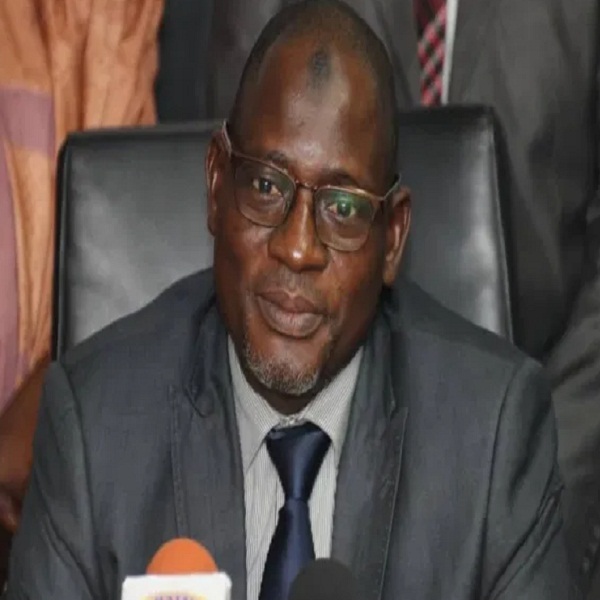The Federal Inland Revenue Service (FIRS) said it would henceforth monitor production volumes of multinational and indigenous oil companies with technology to enable it to crackdown on possible tax evasions.
The revenue agency’s action follows the improved performance by non-oil sector at N3.3 trillion within the first nine months of 2021, which outperformed tax from the oil sector totalling N950bn at the same time.
The FIRS Chairman Muhammad Nami, who gave the information in a monitored broadcast on Arise Television, said the use of technology had become a necessary strategy to improve revenues for the three tiers of government.
“We have collected so far N4.2 trillion in the first ninth months of the year. About N3.3 trillion came from non-oil tax while the remaining one, which is N950bn, came from oil-related taxes.”
Nami noted that the appreciation in the oil revenue was a good pointer that the Nigerian economy was being diversified away from oil and could do better than it could do currently.
“We are also aware that of the current challenge of the country is strictly that of the fund. That is why we harped on capacity building for our staff to ensure they put in their best in exploring non-oil taxes for the good of our country.”
He noted that the Federal Government was currently paying attention to such taxes as stamp duty, sales tax, consumption tax and several others in order to attract more revenues for the government.
“What we are doing is to pay attention to taxes that are in our law, and because the windfall in oil was hitherto neglected. We won’t introduce new taxes but would pay attention to these ones accordingly.”
The taxman noted that the Petroleum Industry Act (PIA) would support improved revenue collection for agencies via petroleum profit tax, since the tax collection was based on production volume.
“The PIA is the way to go because the petroleum profit tax we are collecting is low and oil companies kept declaring so many losses as a result of global oil glut and COVID 19 challenges.”
He explained that the losses being declared were a result of a policy that gave oil-producing companies ‘investment tax credit,’ allowing them to capture their discretionary spending into their tax.
He, however, noted that the PIA had corrected that policy by hinging taxes on production volumes, saying the FIRS would be monitoring that using technology.
“Now, the taxes of the oil companies would be according to the level of their productions. This is a fundamental shift that is going to impact the country’s revenue.”
It would be noted that despite COVID-19 outbreak in 2020, the FIRS met 98 per cent of its revenue target of N5.076 trillion with a collection of N4.9 trillion.
Analysts believe that the agency might not win its set target of meeting tax to GDP of 15 per cent should the states win their battle against the FIRS.
Tax-to-GDP in Nigeria is estimated at six per cent, which analysts say is low.
Apart from intensifying tax collections, Nigeria has relied on borrowing to sustain its economy, with available records revealing the Federal Government obtained an overdraft of about N16 trillion from the Central Bank of Nigeria in order to run the economy.
Not just borrowing from the CBN, the Federal Government also floated $4bn Eurobond as a means of attracting more funds into its eternal reserves.
“From 2016 till date, we have seen the Federal Government lean heavily on the Central Bank of Nigeria as a major source of deficit financing. This is not coming as a surprise as the CBN is the lender of last resort,” Investment Analyst at ChapelHill Denham Damilola Olupona said in a monitored television broadcast.
He noted that sourcing funds from the CBN was not sustainable due to the inflationary impact this could have on government’s balance sheet.
African Development Bank (AfDB) President Akinwunmi Asesina told the Federal Government, at the Mid-term Ministerial Retreat on Monday, that its current challenge was revenue concentration, urging serious improvement in non-oil sectors.
“What is needed for sustained growth and economic resurgence is to remove the structural bottlenecks that limit the productivity and the revenue earning potential of the huge non-oil sectors, ” he had said.
Source: icirnigeria










